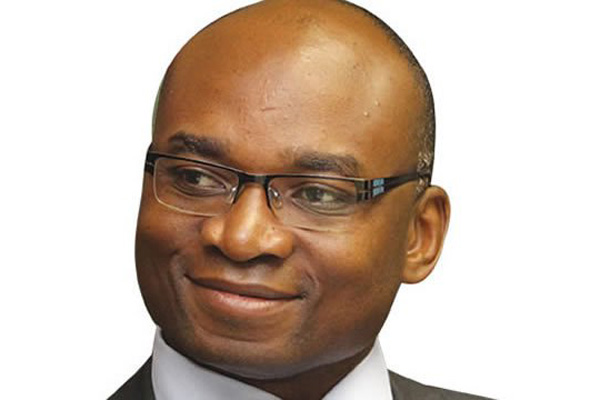
The Zimbabwe Investment Authority (ZIA) has this year approved investments worth $3 billion across all sectors of the economy as the drive to increase foreign direct investment (FDI) gathers momentum, an official has said.
BY TATIRA ZWINOIRA
The figure is a sharp increase from the $715 million worth of approved projects recorded last year during the same period.
Speaking at the 3rd edition of the Zimbabwe Investor Awards in Harare on Friday, ZIA chairman Nigel Chanakira said more investments were expected to be approved by the end of the year as some foreign investors expressed an interest in the country.
“We have now topped the $3 billion mark for the first time in the history of Zimbabwe and of course this is nine months into the year.
“We know foreign delegations have increased in both number and intensity. We are still hoping that we finish the year strong,” Chanakira said.
“What we want to see is an increase in total investment in our country. The government is functioning way below its weight. Our neighbours are attracting anywhere to the order of $6 billion per annum.”
Eighty foreign delegations from countries such as German, Nigeria, China and South Korea visited the country over the past 10 months to scout for opportunities.
- Chamisa under fire over US$120K donation
- Mavhunga puts DeMbare into Chibuku quarterfinals
- Pension funds bet on Cabora Bassa oilfields
- Councils defy govt fire tender directive
Keep Reading
The main areas where the investors have shown interest include energy and power development, roads, rail, aviation, telecommunications, water and sanitation in what are long-term projects.
As ZIA seeks FDI, the authority has set-up a programme to be executed next year targeting capacity development in local authorities in terms of investor readiness and in attracting them to encourage domestic investment.
ZIA issues investment licences within five days but is aiming to do it in one day.
Macro-economic Planning and Investment Promotion deputy minister Monica Mutsvangwa said investments should be approved within the shortest possible time.
“The investors are bringing in their money and we will be doing ourselves a favour by making sure they register their companies within 24 hours. They are bringing in their money and need to be treated well as they also expect returns on their investment,” Mutsvangwa said.
“These inflows [investments] are to be directed to infrastructure projects ranging from energy and power development, roads, rail, aviation, telecommunications, water, sanitation and many others in the acceleration of the implementation of trade ventures and other private sector driven initiatives.”
She said if investors were not treated well, they would go elsewhere.











